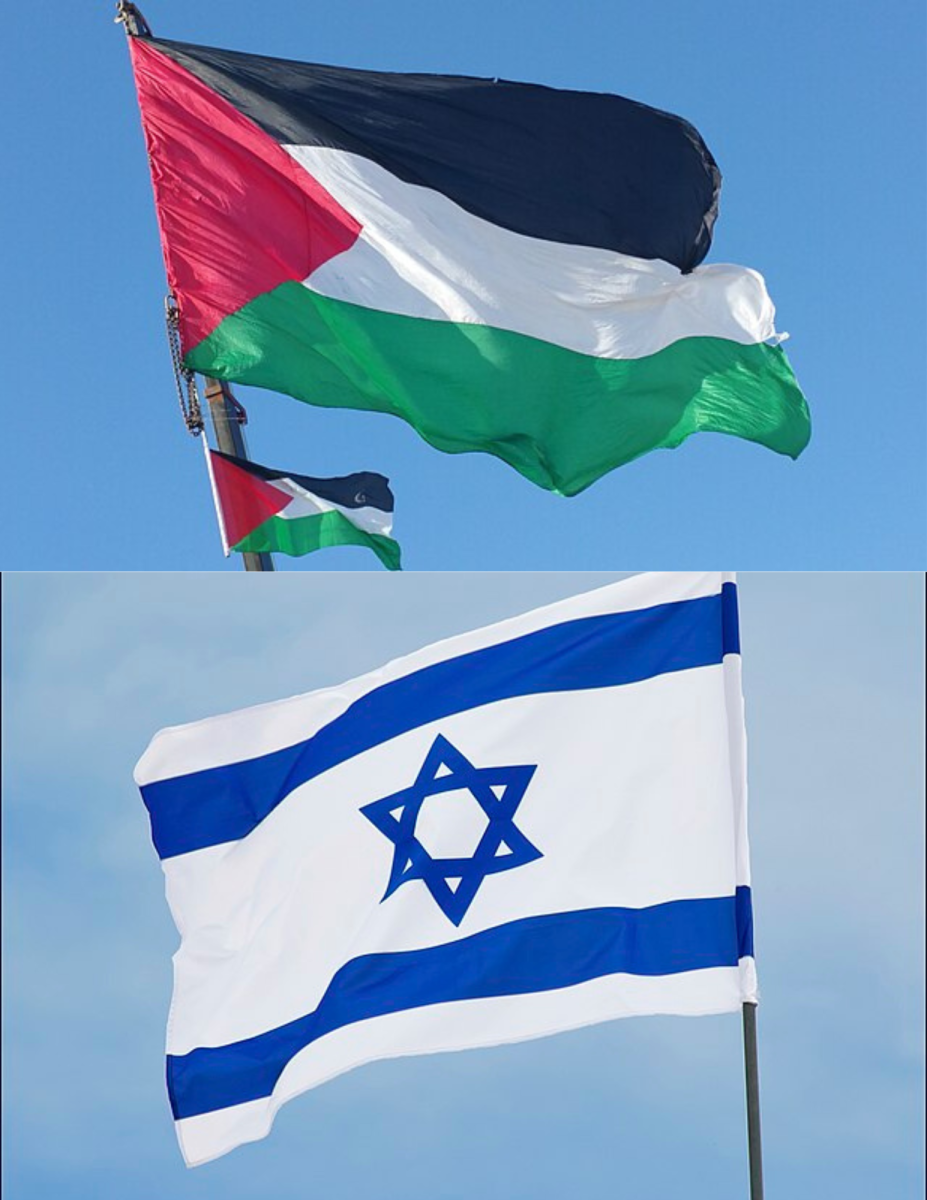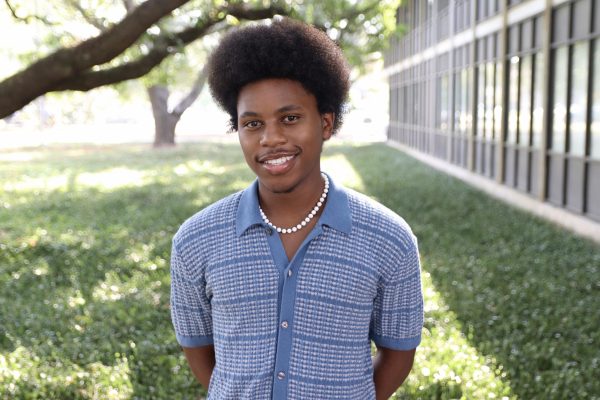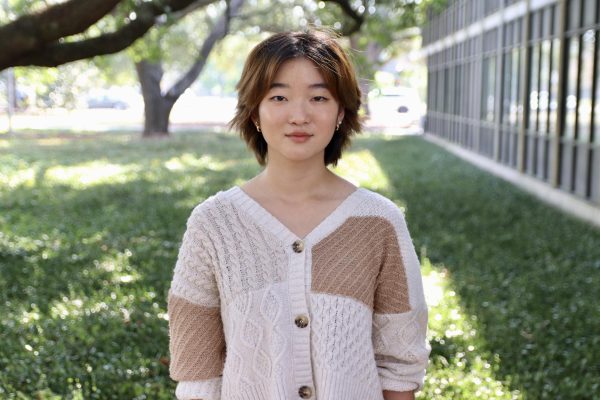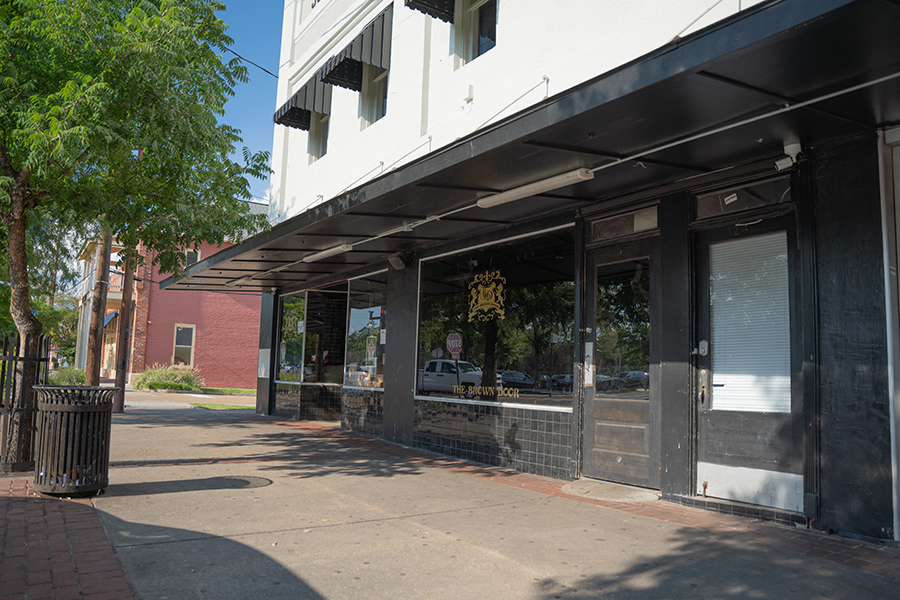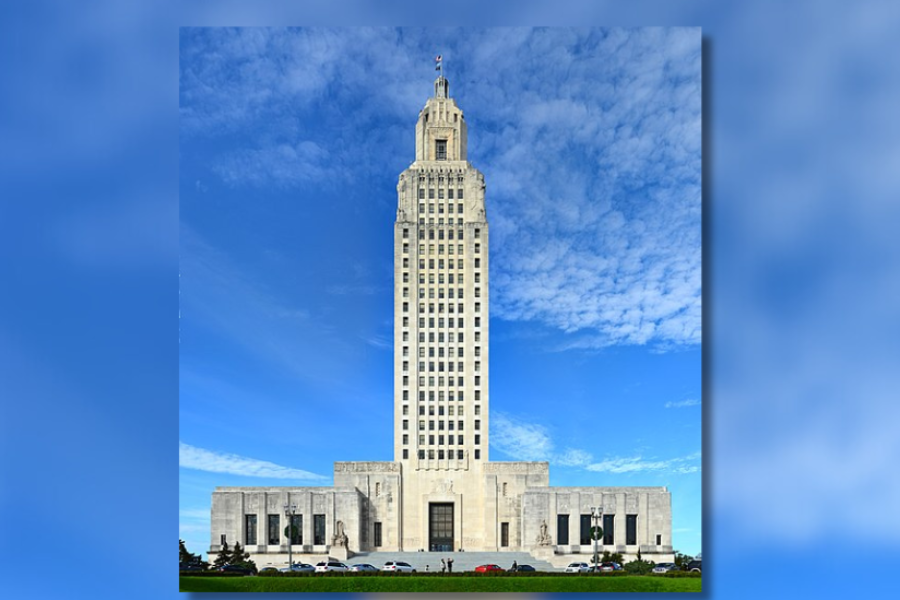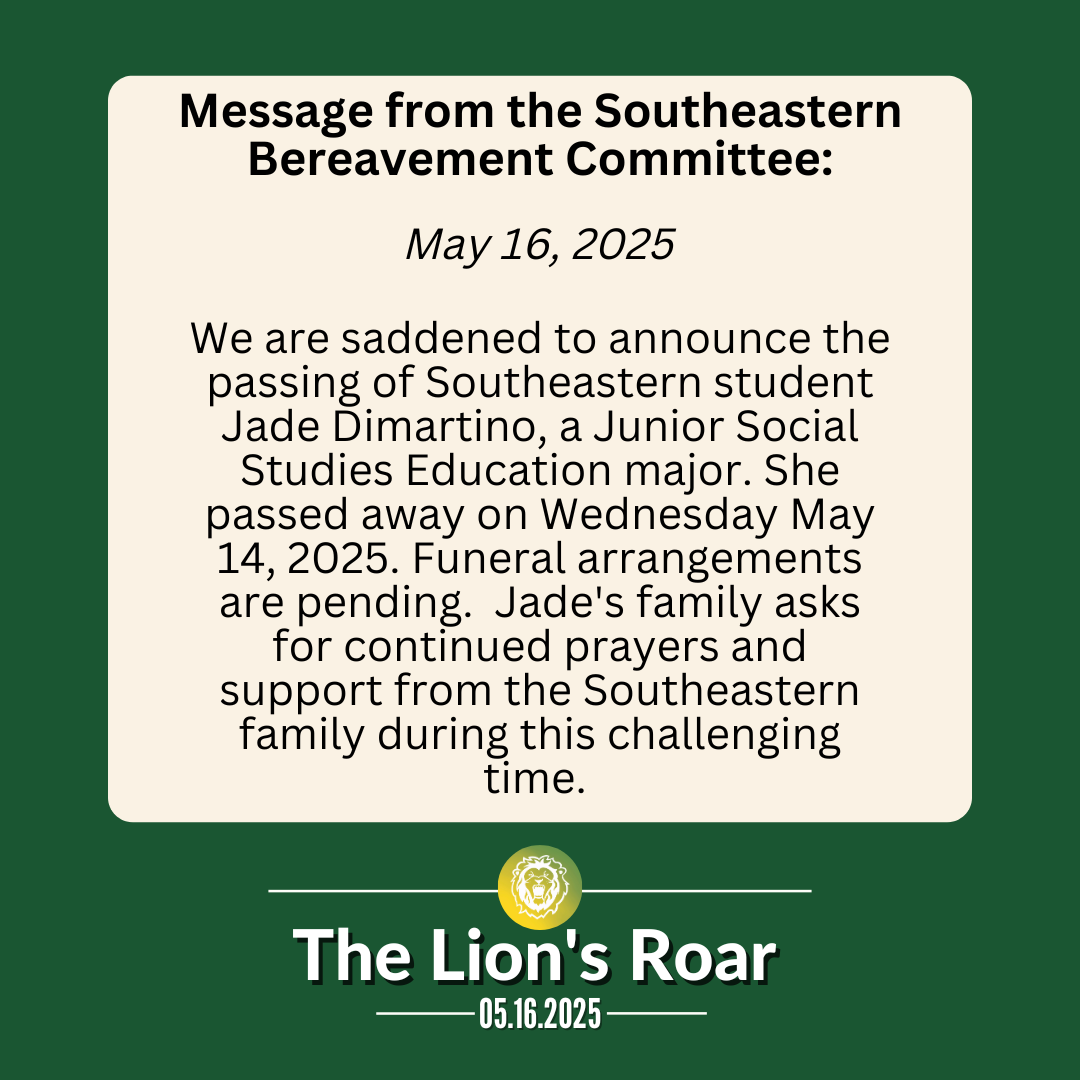On Saturday, Oct. 7, the terrorist organization Hamas launched a surprise attack on Israel, consisting of thousands of rockets fired into southern Israeli cities and militant infiltration via the Mediterranean Sea and the Israel-Gaza border. Hamas murdered around 1,200 Israeli citizens and injured thousands more in the attack.
The same day, Israeli Prime Minister Benjamin Netanyahu stated Israel was at war with Hamas and launched airstrikes into Gaza in retaliation. Gunfights continued throughout the day, and Hamas militants took over 200 people hostage, including Israeli citizens, soldiers and 10 Americans, alongside other non-Israelis.
Since Oct. 7, Israel’s airstrikes have killed approximately 15,900 Palestinians, including around 6,600 children.
The Lion’s Roar contacted Wendell Shelby-Wallace, an associate director at The Philos Project, a pro-Israel Christian advocacy group, for comment on the conflict.
“What occurred on Oct. 7 and in response to Oct. 7 was a terrorist attack and a response to a terrorist attack,” he stated.
Southeastern’s Engineering Technology Department Head Dr. Mohammad Saadeh shared his concerns regarding the occupation of Palestine and the well-being of his family members there.
“Being occupied and denied basic human rights of movement, work, access to services, having your own territory and land… these are all either restricted or completely denied. This has been going on for more than 75 years now,” he said.
On Friday, Nov. 24, Israel and Hamas enacted a ceasefire and hostage release. Israel has agreed to release 150 Palestinian women and children in exchange for around 50 Hamas hostages. The latest of the exchanges took place at the end of November.
Gaza’s borders, controlled by Egypt and Israel, have been closed, allowing few trucks of aid in. Israel’s ambassador Michael Herzog stated Hamas has prevented civilians from crossing the borders.
Israel has also cut off all water, food and electricity to the 2 million inhabitants, violating international humanitarian law. On Friday, Oct. 13, The Israeli Defense Forces (IDF) declared around one million Palestinians had 24 hours to evacuate the northern part of the territory “for your own safety and the safety of your families.” Some Palestinians were killed by Israeli airstrikes while attempting to evacuate.
Saadeh and Shelby-Wallace said they both have personal connections to the conflict. Saadeh said he has family living in Palestine and, at the time of the interview, hadn’t heard from his uncle in days. One of his college classmates, a father and husband, was killed by an Israeli airstrike, along with his classmate’s mother, father and two brothers.
Shelby-Wallace said he has visited Israel several times, including two communities Hamas attacked on Oct. 7. He said he knew a tour guide Hamas killed during the attack.
The recent assault brought the world’s attention back to the decades-long conflict between Israel and Palestine.
On Oct. 31, 1917, the British, after conquering Palestine, mandated the land must be used to establish a Jewish state. Jewish immigration to Palestine swiftly increased during the mid-20th century, as many Jewish people looked to escape Nazism.
In 1947, the United Nations enacted Resolution 141, which split the land between Palestinians and Jewish people. 55% of the land was given to Jewish people, while the other 45% was Palestinian-owned.
Once Israel officially became a state in 1948, the Nakba took place, an event in which over 750,000 Palestinians were ethnically cleansed from their homes, signaling the beginning of Israeli occupation in Gaza.
Hamas is an Islamist militant group that formed in 1987 following the first Intifada as a branch of the Muslim Brotherhood. They won the Gaza Strip’s political elections in 2006 and remain in control. Several countries, including the U.S., designate Hamas as a terrorist group.
Hamas’ charter, published in 1988, expresses its commitment to Allah and the Islamic way of life. It declares its opposition against “Zionist invaders” and the Jewish people.
Article 7 of the document states, “The Day of Judgement will not come about until Moslems fight the Jews (killing the Jews).”
The charter claims its enemies constructed both world wars as well as influenced all international conflicts and the formation of secret societies to secure their state.
Article 13 explains its stance on past peace talks and initiatives.
“Initiatives, and so-called peaceful solutions and international conferences, are in contradiction to the principles of the Islamic Resistance Movement. Abusing any part of Palestine is abuse directed against part of religion. Nationalism of the Islamic Resistance Movement is part of its religion,” the article said.
In the past, Netanyahu propped up Hamas through cash infusions, aiming to stifle the West Bank’s goal of establishing an independent Palestinian state.
The Palestinian Liberation Organization (PLO) is the other Palestinian power that operates in the West Bank. It has participated in peace talks that have resulted in multiple resolutions such as the Oslo Peace Accords I and II during the mid-1990s.
Hamas does not recognize Israel as a state and has remained committed to the 1967 Palestinian borders. It believes the PLO supports a secular state and expressed its opposition to this in its charter.
“With all our appreciation for the Palestinian Liberation Organization – and what it can develop into – and without belittling its role in the Arab-Israeli conflict, we are unable to exchange the present or future Islamic Palestine with the secular idea,” Article 27 of the Hamas’ charter said.
The UN has made numerous efforts to settle the conflict, including Resolutions 181, 194, 242 and 338. These resolutions addressed the repatriation of refugees, the withdrawal of Israel from Palestine and other disputes over land.
Saadeh continued to describe the living conditions of the humanitarian crisis happening in Gaza.
“We’re talking about a health system that has entirely collapsed, medical supplies that have been depleted to almost nothing. No more beds, no more health facilities that are running, no more fuel, no electricity, no water—all shut down…As an occupier, the international law clearly states that you have a duty to protect civilians living under your authority,” Saadeh explained.
Shelby-Wallace explained his stance that Israel has long withdrawn its occupation and Hamas is responsible for Gazans.
“In 2005, Israel withdrew all of its citizens. The argument of occupation is an argument of ignorance. Hamas is in control of Gaza and has been since 2006…Hamas has blocked the evacuation route. They have blocked supplies, not Israel. The war of propaganda is being won by Hamas. Israel has done its due diligence,” Shelby-Wallace stated.
As the deadly conflict rages on in the Middle East, tensions rise in the West over how the situation should be handled. Currently, the U.S. is Israel’s closest ally, providing it with monetary and military aid.
Pro-Palestinian groups are condemning Israel for committing, in their view, a Palestinian genocide and have declared the country an “apartheid state.” Under the slogan “Free Palestine,” protests have broken out across the West, including one in New Orleans, where local Palestinians and Muslims gathered at city hall to push for humanitarian efforts and peace.
On Oct. 26, Palestine supporters and Israel supporters fought each other at a pro-Palestine rally near Tulane, resulting in multiple arrests.
Saadeh and Shelby-Wallace both expressed their desire for peace.
“It’s a shame that there has to be so many casualties before a serious call for a ceasefire is made,” Saadeh stated.
Shelby-Wallace gave his view on the notion of a ceasefire.
“Ideally, anyone would want a ceasefire. At present, I don’t see that happening. I am absolutely pro-justice and pro-peace, but a ceasefire requires both parties to cease fire,” he stated.
“I believe that Israel has the right to exist. I believe that Israel and Palestine have the right to co-exist. I believe that Israel has the right to defend itself,” Shelby-Wallace continued.
Pro-Israel groups have urged the U.S. to increase sanctions on exports from Iran, a major supplier of funds and materials to Hamas. However, Iran is a major global supplier of oil and the U.S. is concerned cutting the country’s supply off will hurt the economy.
The charged political environment brewing across the U.S. has, at times, spilled out into violence. On Saturday, Nov. 25, a white gunman shot and severely injured three Palestinian college students, Hisham Awartani, Kinnan Abdalhamid and Tahseen Ali Ahmad in Burlington, Vermont. Chittenden County State Attorney Sarah George said the event was “a hateful act.”
The Council on American-Islamic Relations has received over 1,200 calls for help or reports of bias against Muslim and Arab Americans, a 216% increase from last year.
According to the Anti-Defamation League, 73% of Jewish college students reported experiencing antisemitism on campus this year.
Saadeh explained the Israeli occupation of other Palestinian areas.
“There is a continuation of occupation in the West Bank and people are under siege in Gaza. Peace needs compromise and a willingness to meet the other party midway,” Saadeh stated.
Israeli forces and Israeli settlers have killed around 200 West Bank Palestinians since Oct. 7 and settler violence in the West Bank has increased overall since the Hamas raid.
Saadeh explained that Israel continues to cause unnecessary damage to Gaza and its population.
“There are confirmed deliberate attacks launched at civilian buildings that have no connections to any military activities. Right now more than 65% of the buildings of Gaza are demolished. We are talking about more than 1.4 million people who have no other place to go to right now,” he stated.
“As an ally of Israel, I think the U.S. has an obligation to tell the Israelis that this war will only bring more hate and will never make them feel safer. It is going to continue the cycle. That’s not the way to bring peace to Israelis nor the Palestinians,” he continued.
Shelby-Wallace and Saadeh each shared messages with the public.
“If you have followers in a moment like this, it’s more deadly when you don’t say anything. Everyone right now has a stake in this,” Shelby-Wallace stated.
“There is a dire need for people, average people, to raise their voices and call their politicians. The more pressure we exert as humans and citizens of this country, the more willing they are to act.” Saadeh said.


